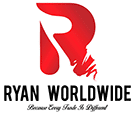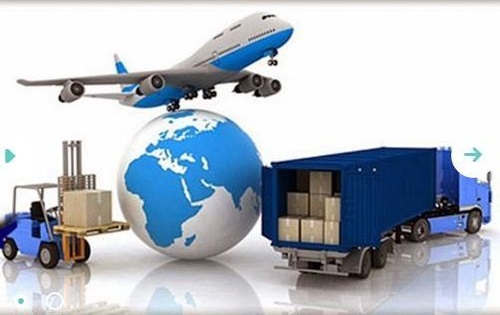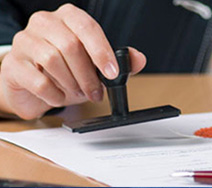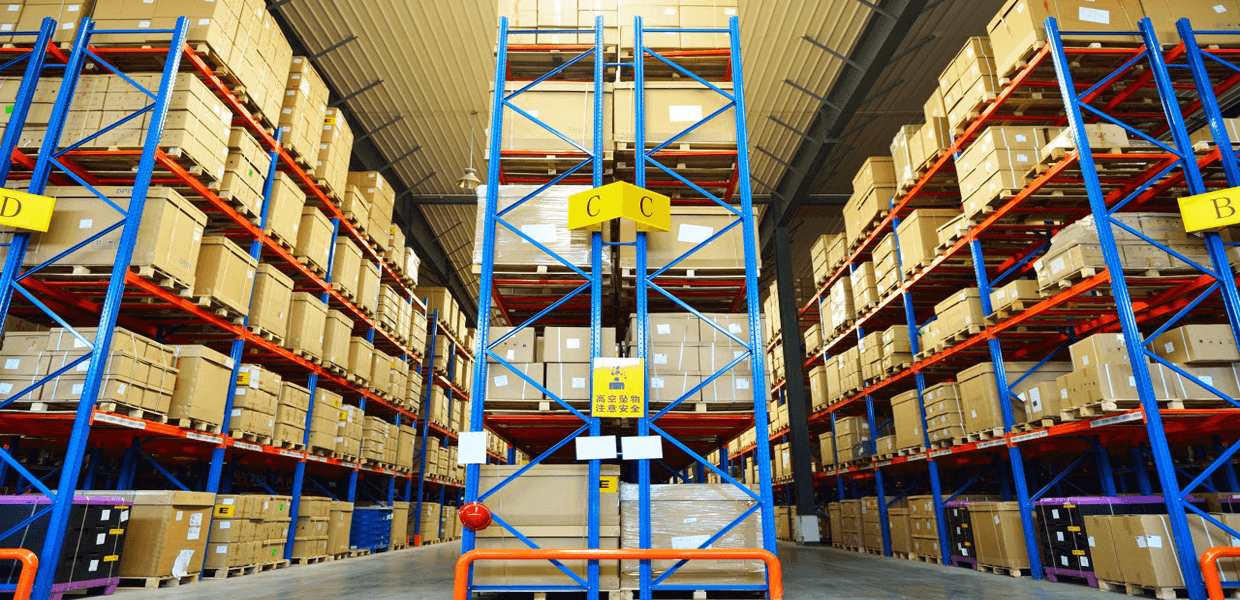
Top Benefits of Hiring a Customs Broker in the UAE
A Smart Move for Every Business
Whether you’re just starting out or already running a well-established company, importing and exporting can open new doors for your business. With the UAE being a global trading hub, many businesses are eager to tap into international markets. But, while the opportunities are exciting, navigating customs procedures can be a real challenge. That’s where a customs broker can make all the difference.
In this blog post, we’ll explore how hiring a customs broker in the UAE can simplify the complex process of import and export, saving your time, money, and headaches.
What Does a Customs Broker in UAE Do?
A customs broker is a licensed professional who assists businesses in clearing their goods through customs. They act as a bridge between your company and customs authorities, making sure all the necessary documentation, duties, and procedures are in order.
It’s not just about paperwork. A good customs broker understands the finer details of trade regulations and can help you avoid delays, penalties, and unnecessary expenses. In a fast-moving business environment like the UAE, their role is more valuable than ever.
Why You Should Consider Hiring a Customs Broker in the UAE?
1. Saves Time and Reduces Stress
Handling customs clearance on your own means dealing with tons of paperwork, frequent regulation changes, and complicated procedures. It can take up a lot of your time, the time you could spend growing your business.
A customs broker takes this burden off your shoulders. They know exactly what’s needed for each shipment and handle the entire process, allowing you to focus on what you do best.
2. Helps You Avoid Costly Mistakes
Incorrect paperwork, missing documents, or misunderstandings about duty rates can lead to big fines or shipment delays. In some cases, goods can even be held or seized at the border.
Customs brokers have the experience and know-how to get everything right the first time. Their attention to detail ensures that all forms are correctly filled and submitted, reducing the risk of errors that could cost you money or your reputation.
3. Expert Knowledge of Import/Export Laws
The UAE, like any other country, has specific rules and regulations for importing and exporting goods. These rules can vary depending on the type of goods, country of origin, and international agreements.
A customs broker stays up-to-date with these regulations and knows how to apply them correctly. They also understand which permits or licenses you might need for certain products and can help you secure them without delay.
4. Cost Savings on Duties and Tariffs
One of the most underrated benefits of hiring a customs broker is the potential for cost savings. Brokers can often find legal ways to reduce your customs duties or identify if your products qualify for exemptions.
Here’s how they can help you save:
- Identifying products that are exempt from certain tariffs
- Classifying goods correctly to ensure accurate duty rates
- Advising on free trade agreements that reduce costs
- Avoiding overpayment due to wrong declarations
- Finding opportunities for duty drawbacks or refunds
These insights can significantly reduce your overall shipping costs over time.
5. Avoid Delays at the Border
Every delay in shipping can have a domino effect on your supply chain. Missed delivery deadlines can affect your customer satisfaction and even lead to lost sales.
Customs brokers work to make sure that your goods clear customs smoothly and on time. They’re familiar with port procedures, customs systems, and the exact documentation required to avoid red flags or slowdowns.
6. Accurate and Timely Paperwork
Customs paperwork isn’t just a one-time task—it changes frequently based on regulations, trade agreements, and commodity types. A customs broker ensures that your documentation is up to date and submitted correctly.
They’ll manage everything from bills of lading and invoices to packing lists and certificates of origin. With everything handled properly, you avoid the risk of penalties and rejected entries.
7. Peace of Mind and Better Focus
Hiring a customs broker isn’t just about convenience, it’s about confidence. You’ll know that a professional is handling your international shipping requirements and ensuring compliance with UAE law.
This peace of mind lets you shift your attention back to scaling your business, building customer relationships, and pursuing new opportunities.
Importing and exporting in the UAE presents endless possibilities for business growth, but it also comes with its fair share of complexities. By hiring a trusted customs brokerin UAE, you gain a partner who ensures your goods move through customs smoothly, legally, and cost-effectively.
Whether you’re importing raw materials or exporting finished goods, a customs broker can streamline your operations and help you avoid expensive mistakes. In short, it’s not just a smart move, it’s an essential one for businesses that want to trade with confidence.
If you’re serious about growing your business globally, consider hiring a customs broker in the UAE. It’s a step that can save you time, money, and more than a few headaches along the way.









Recent Comments